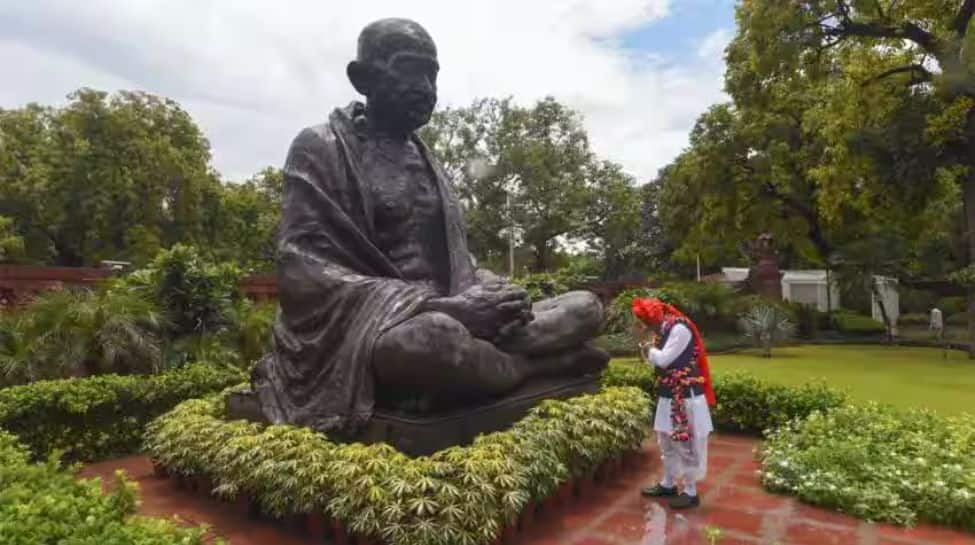Gandhi Jayanti, celebrated on October 2nd every year, marks the birth anniversary of Mahatma Gandhi, the father of the nation in India. In 2024, this significant day will commemorate Gandhi’s 155th birthday. As we honor his legacy, it’s essential to reflect on the history and significance of this day, which continues to inspire millions around the world.
Who Was Mahatma Gandhi?
Mahatma Gandhi, born on October 2, 1869, in Porbandar, Gujarat, was a prominent leader in India’s struggle for independence from British rule. He is revered as the “Father of the Nation” for his commitment to non-violence and his role in promoting civil rights. Educated in law at University College London, Gandhi initially worked in South Africa, where he fought against racial discrimination. His experiences there shaped his philosophy of non-violent resistance, known as Satyagraha, which became instrumental in mobilizing the Indian populace against colonial rule.
Gandhi’s approach combined political activism with spiritual principles, advocating for self-reliance and communal harmony. His leadership during critical movements like the Salt March and Quit India Movement solidified his status as a national icon. Tragically, Gandhi was assassinated on January 30, 1948, but his teachings on peace and non-violence continue to influence movements for social justice around the world.
Gandhi Jayanti: Date and Celebration
Gandhi Jayanti falls on October 2nd, a date declared as a national holiday in India. The day is observed with various events, including prayer meetings, memorial services, and cultural programs in schools and institutions. The most prominent celebrations take place at Raj Ghat in Delhi, where Mahatma Gandhi was cremated. Political leaders, dignitaries, and citizens gather to pay homage by laying wreaths and offering prayers.

History of Gandhi Jayanti
Mahatma Gandhi pioneered the philosophy of non-violent resistance, known as Satyagraha, which became a powerful tool for social and political change. Gandhi’s teachings emphasized truth, non-violence, and the importance of self-discipline, influencing not only India’s freedom movement but also civil rights movements around the globe.
His efforts culminated in India gaining independence on August 15, 1947. Tragically, Gandhi was assassinated on January 30, 1948, just a few months later. To honor his contributions and ideals, the government of India declared October 2nd as a national holiday in 1948.
Significance of Gandhi Jayanti
Gandhi Jayanti serves multiple purposes. It encourages people to reflect on the values of peace, tolerance, and non-violence, promoting harmony in society. Additionally, it is celebrated as the International Day of Non-Violence, highlighting the importance of resolving conflicts through peaceful means.
Schools and organizations often organize activities, discussions, and competitions that focus on Gandhi’s teachings, ensuring that his message of truth and non-violence continues to resonate with the younger generation.
As we approach Gandhi Jayanti 2024, let us take a moment to reflect on Mahatma Gandhi’s profound impact on our lives and the world. His philosophy of non-violence remains a guiding light in our quest for justice and equality.
By celebrating this day, we not only honor his legacy but also commit ourselves to uphold the values he championed, fostering a more peaceful and compassionate world for future generations.


































